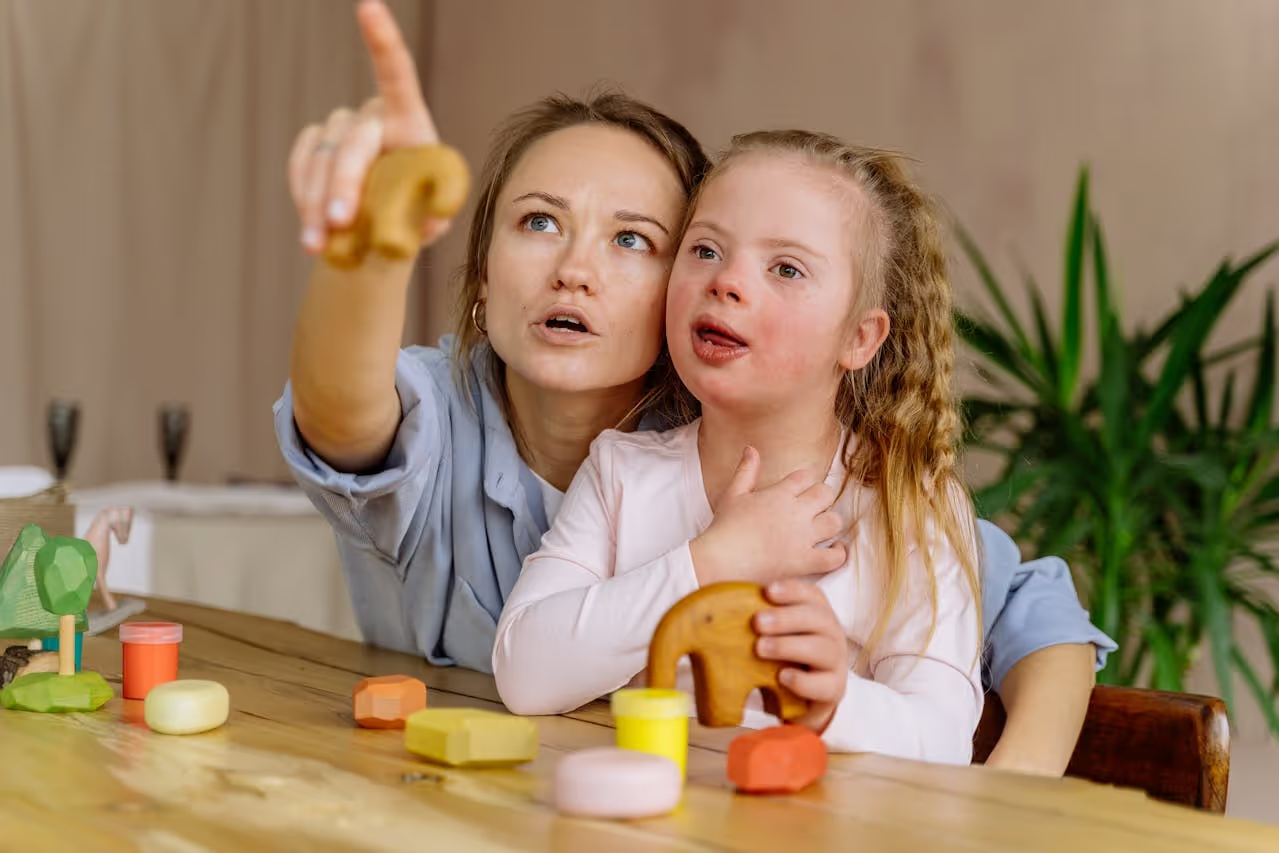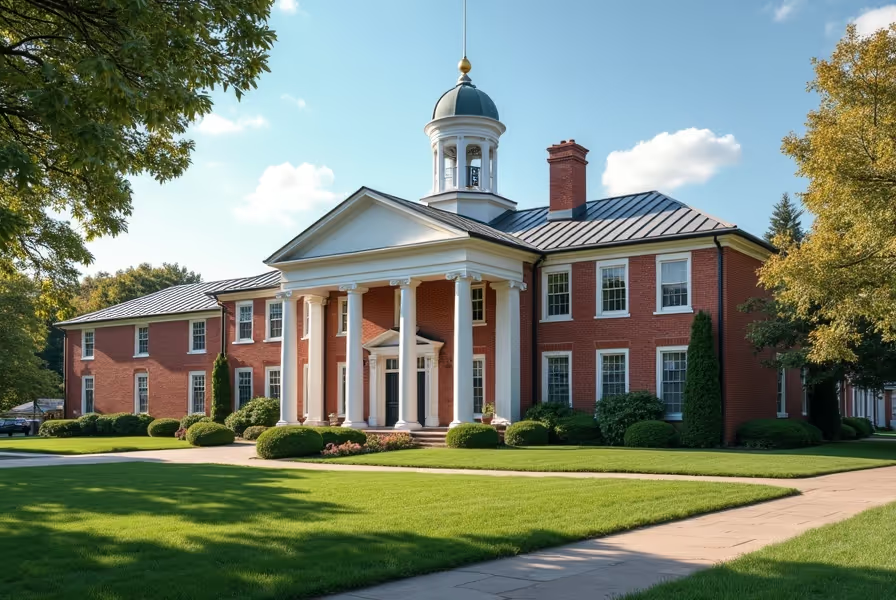Choosing the Right Degree Program for Students with Learning Differences
Finding the right degree can be a meaningful step for students with learning disabilities. Today’s colleges offer many accessible academic paths. If you are looking for inclusive career options or want to play to your strengths, you have more choices than ever before. Carefully chosen programs can help you build on your talents and provide strong career opportunities for the future.
Key Considerations for Selecting a College Major with a Learning Disability
Before choosing a major, it’s important to understand your learning style and strengths. Many students with disabilities are creative, persistent, and good at problem-solving. The best college degrees for learning disabilities often provide flexible curricula, hands-on experiences, and strong student support services. When searching for programs, ask these questions:
- Does the college have a robust disability support office?
- Are there alternative testing options or accessible technology?
- Is the curriculum adaptable to your preferred learning methods?
- What types of internships or experiential learning do they offer?
Many schools also provide mentoring, tutoring, and coaching designed for neurodiverse learners. These can make a significant difference in your academic journey.
Popular College Majors For Students with Learning Disabilities
Certain degree programs naturally accommodate a range of learning needs. These majors often focus on practical skills, creativity, collaboration, and experiential learning. Here are some popular choices:
- Education: Degrees in general education, special education, or early childhood education can be valuable. Many students with learning disabilities excel in supportive, creative, or child-centered environments.
- Graphic Design or Visual Arts: For students who communicate best visually, these programs allow creative expression and often rely less on traditional testing.
- Social Work or Human Services: These programs involve strong interpersonal skills, active listening, and empathy—strengths of many neurodiverse students.
- Culinary Arts: Culinary programs focus on hands-on learning. Visual and tactile learners often thrive in these fast-paced, collaborative environments.
- Computer Science or Information Technology: Many with learning differences do well in these fields, especially if they enjoy problem-solving or technology.
- Business: Concentrations like management, entrepreneurship, or hospitality may suit those with strong communication or leadership skills.
- Trade and Technical Programs: Majors like automotive technology, welding, construction management, or HVAC highlight practical learning and job readiness.
- Music, Theater, or Performing Arts: For auditory or kinesthetic learners, these majors offer alternative ways to shine—and often use performance over traditional exams.
Remember, the best "degrees for students with learning disabilities" are often the ones that build on your unique abilities and interests while offering real-world experience.
Support Services and Accommodations in Inclusive Degree Programs
Many top colleges for students with learning disabilities offer strong support programs. Look for features such as:
- Testing accommodations (extended time, quiet spaces)
- Note-takers or audio recording in lectures
- Assistive technology: text-to-speech, audiobooks, or specialized software
- Academic coaching and mentoring
- Writing centers and math labs
- Structured transition programs for freshmen
If you are uncertain about your needs, schedule time with a school’s disability services office. They can help you identify the most effective tools and strategies for your success.
Emerging Trends: Online, Hybrid, and Career-Focused Programs
Online and hybrid degree programs are making college more accessible. Self-paced coursework, video lectures, and digital tools allow you to learn on your own terms. Some students with executive function or reading disabilities thrive with these new options, as they allow for:
- Flexible deadlines
- Accessible formats (audio, video, text, interactive labs)
- Learning environments free from classroom distractions
- Increased use of adaptive technology
Career-focused degrees in areas like digital marketing, IT support, logistics, or design also provide clear pathways to employment and can be tailored to your individual learning needs.
How to Succeed in College with a Learning Disability
Success starts with self-advocacy and a willingness to ask for help. Universities must make reasonable accommodations under the Americans with Disabilities Act (ADA), but you must register with student disability services. To thrive in your degree program, consider these strategies:
- Use planners, calendars, and reminders to manage time
- Break big assignments into smaller steps
- Seek out peers or mentors for collaboration and accountability
- Take breaks to reset when overwhelmed
- Utilize available support resources—never hesitate to ask questions
Best Careers for Students with Learning Disabilities
Many people with learning disabilities become highly successful in fields that align with their strengths. After graduation, consider jobs with:
- Clear, structured routines
- Hands-on or project-based tasks
- Creative or visual-spatial requirements
- Opportunities for independence and advocacy
Some examples include:
- Teaching, coaching, or tutoring
- Design, media, or marketing roles
- Trades and technical fields
- Sales, retail management, or entrepreneurship
- Healthcare support positions
Build on your strengths, and don’t be afraid to advocate for the support or accommodations you need in the workplace.
Related Questions on Degrees and Learning Disabilities
What are good degree programs for students with dyslexia or ADHD?
Majors that allow for hands-on projects, creativity, and movement work well for students with dyslexia or ADHD. Art, music, culinary arts, social work, education, and technical trades offer real-world experience and alternative assessment methods. Technology and computer science may also be suitable if they allow for visual or interactive learning.
How do I know if a college is supportive of students with learning disabilities?
Ask about their disability services office, available accommodations, and the percentage of students who use them. Colleges may provide orientation programs, tailored academic mentoring, and workshops to help you succeed. Visiting campus and speaking directly to staff and students is a great way to learn more.
What professions are suitable if I have a learning disability?
Professions that play to your strengths, such as creativity, problem-solving, or interpersonal skills, are a smart choice. Consider jobs in education, design, media, counseling, the arts, technical trades, IT, or entrepreneurship. Focus on environments that offer flexibility and value different perspectives.
Can students with learning disabilities succeed in STEM fields?
Yes, students with learning disabilities can thrive in STEM with the right accommodations and support. Many enjoy the hands-on problem-solving and logical structure of STEM coursework. Collaboration, assistive technology, and alternative testing methods can level the playing field.
Do I need to disclose my learning disability on a college application?
It’s your choice whether to disclose a learning disability when you apply. Sharing this information can help if you want access to support services or special programs. It won’t impact your chances of acceptance, but can help you get the resources you need.











.svg)



